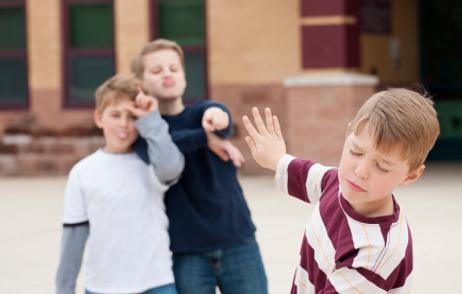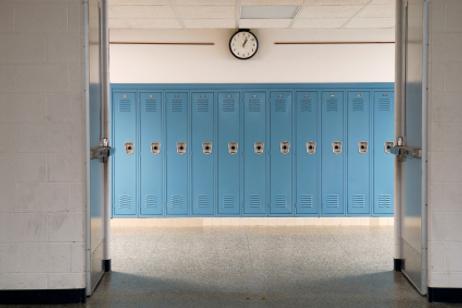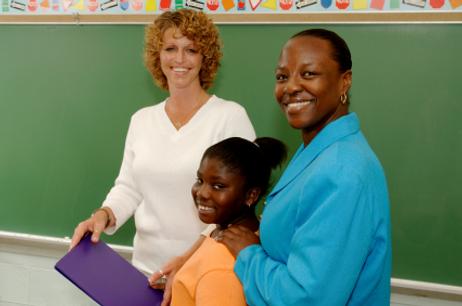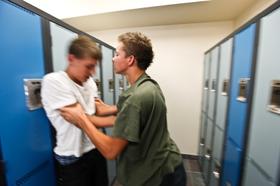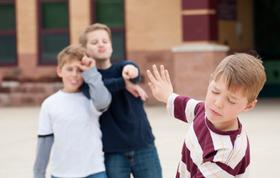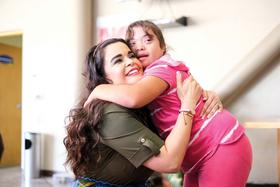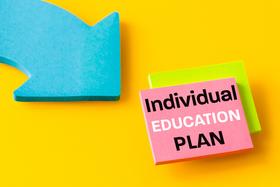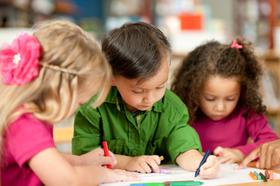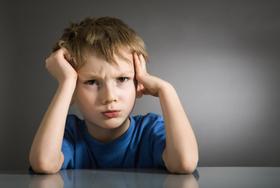"Sticks and Stones may break my bones, but words will never hurt me鈥�" - English Proverb. Once echoing throughout the halls of the nation鈥檚 schools, this simple phrase reminded children that the taunts that had been considered a rite of passage in childhood would one day end.
Fast forward several decades and 鈥渟ticks and stones鈥� becomes increasingly rare as schoolyard bullying is recognized as a serious problem. School administrators and teachers now know that, not only do words hurt, they often escalate into a physical conflict that envelops the bully and his victim as well as those around them, including adults and other children who may get caught in the crossfire.
All too often, what begins as minor name-calling or teasing, ends up with those involved coming to blows at the victim attempts to defend himself. This type of escalation is what experts insist creates even more violence. Violence does not begin with a physical attack, but rather a psychological one. What begins as words, perhaps a taunt or name-calling, escalates into pushing and shoving, which then may lead to a bloody nose, a black eye, or even a broken bone.
This television news video reports on death from bullying.
Experts insist that today鈥檚 lifestyles put so much pressure on children that they often bring that added stress into the classroom making what would normally be a minor incident just the straw that breaks

